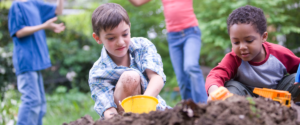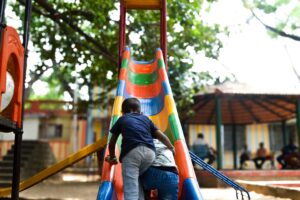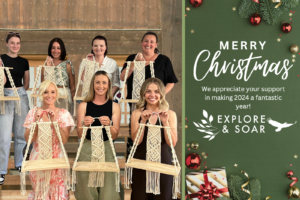
PARENT COACHING & SUPPORT
This year we are looking to work even closer with our families, by listening to the needs of not only our children but their parents and carers too. In 2022 we will be offering more parent coaching, providing support and guidance which is key in the intervention that supports the achievement of our goals. This supports the Explore and Soar theme 2022; self-awareness and growth. Our Explore and Soar team are working towards increasing and supporting our families as a whole.
A strategy to support this is continuity support plans. These involve breaking down what you are hoping to achieve as a family for the year, our parents goals as well as our clients and how we plan to achieve this for the coming year. This further expands and enhances our intervention sessions with our families as a whole. We can review the plans at any time, especially if a circumstance has changed, allowing us to shift goals, intervention and strategies as needed.
When I have spoken to families in recent weeks, there is a sense of pressure and parents becoming overwhelmed, especially in the current and unpredictable environment. Some of our families are seeing multiple allied health professionals, all providing home programs, activities and strategies to implement on a regular basis. This is great but can become very overwhelming when managing schedules and incorporating activities into everyday routines. When discussing continuity plans with our parents, asking how we can help and what they’d like to do next, the overall consensus is that they feel like they don’t know exactly what to do and when to implement each strategy.
Learning new tools and strategies is great but how do we manage our time? How do you know what to implement and when? How do you prioritise goals with your allied health professionals? We are consistently getting all of these questions. The most vital being how to manage home program strategies and activities amongst everyday life. Not to mention managing multiple children, different family dynamics and ongoing changes in our communities, impacting schooling, accessing sports, events or our ability to connect with others.
I see you! I hear you! It is challenging.
We are all trying to get through each and everyday the best we can. We are here to help navigate the start of another year, navigate through the to-do list and support you in achieving your families goals when working alongside health professionals.
As OT’s, a big part of our role is to support structure, organisation, prioritising, planning and goal setting. We love being able to do this for ourselves, but also for others. We are great at being able to zoom out and see your family as a whole and zoom in on the areas of concern. This allows us to remain family-centered but also clinically reason with what is best needed, implementing the tool or strategy that is most appropriate in that moment.
Another skill that we have and use every session is active listening. The ability to actively listen, being attentive and noticing what is needed – even if you don’t see it as an immediate concern. We like to stay one or two steps ahead. Sometimes it will involve asking more specific questions to understand the situation in greater detail, in order to support you. This space to allow you to feel heard, empowered and to be able to work through what is happening in the moment, provides the support to keep going on the most challenging days. Celebrating the little wins with you and ensuring that you do not feel alone is exactly what we are here to do.
Our greatest feedback at the end of last year was that you appreciated the continuation of services and support that you received during lockdowns. Knowing this, and with our values of community, connection and communication at the forefront, we will continue to be present, to show up and support you, not just for the needs of your children but you too as parents and carers.
We are looking forward to expanding our support in our local communities. As we are opening up conversations, listening to your goals and planning the next 3, 6 and 12 months, please ask us any questions and indicate your needs and wants. We want 2022 to be a year where feedback allows us to grow greater than ever before.
We grow alongside you.
We are always tailoring intervention sessions, opportunities and education seminars based on what you and our communities are asking for. You matter, your feedback matters. Tell us what you would like to see from us this year, nothing is off the table. Would you like to be a part of parent support programs with other families? Would you like online educational seminars available each term for you to participate in and if so what topic interests you?
Let us know what you would like more support in. We are here to help.
We cannot wait to see what this year brings for us all.
Until next time,
Jess
ORIGINALLY PUBLISHED FEBRUARY 2, 2022







